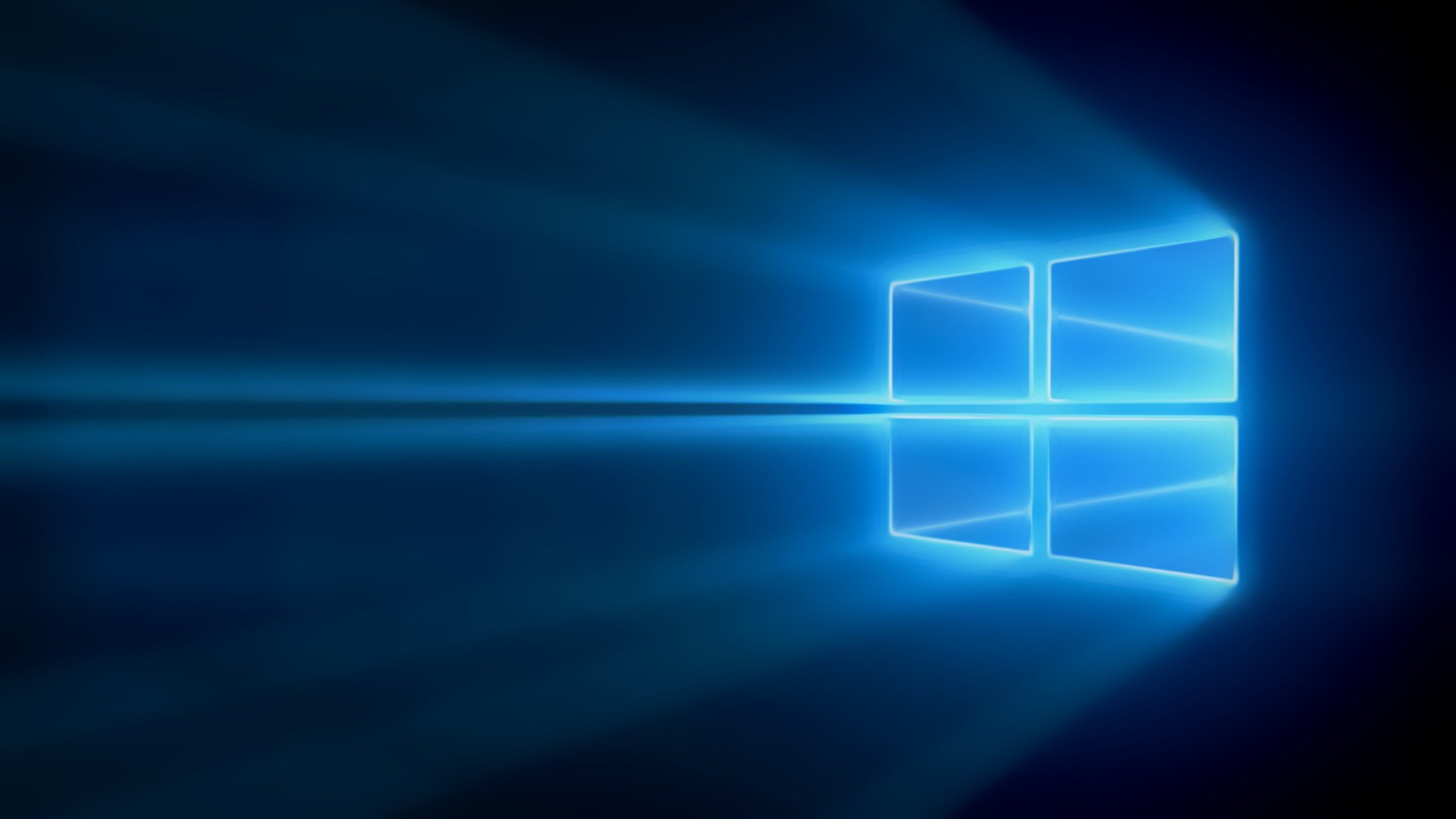What was the most innovative Windows release?
Windows 3.1 was innovative, but was it the most innovative version of Windows ever?

All the latest news, reviews, and guides for Windows and Xbox diehards.
You are now subscribed
Your newsletter sign-up was successful
We recently celebrated the 30th birthday of Windows 3.1. To celebrate the occasion, our poll this week focuses on the history of Windows as an operating system. Rather than asking which version of Windows was your favorite, we'd like to know which one you thought was the most innovative. For example, you may not think Windows 95 was the best version of Windows, but it introduced a long list of features that have become mainstays on PCs and other operating systems.
There are plenty of candidates to choose from. We'll highlight a few of the biggest additions to Windows throughout the years and note which version they came with.
Windows 95 was the first version of the OS to look like what most people would identify as Windows. It had a Start menu, a simple interface, and was a 32-bit OS. While it didn't originally ship with the browser, Windows 95 was the first to support Internet Explorer, which opened up new computing possibilities.
Those looking for a bit of Windows history can check out the full Windows 95 launch keynote, which only recently became available in its entirety.
Windows 3.1 introduced the copy and paste shortcuts that are now ubiquitous. Some would argue that Windows 3 was more innovative than 3.1 though, since 3 brought clickable icons and support for CD-ROMs to Windows.
Windows 8 wasn't a popular version of Windows, but it was certainly different. Moving away from cascading windows that you could resize, Windows 8 featured an interface that focused on fullscreen applications and split-screen multitasking. It also had a charms bar, a tablet mode, and introduced Live Tiles.
Windows 7 wasn't as innovative in the way of new features. In many ways, it just delivered what people expected. But when stacked up against some of the failing versions of Windows that preceded it, it could be seen as innovative to have an OS custom-crafted to avoid drama.
All the latest news, reviews, and guides for Windows and Xbox diehards.
Which version of Windows do you think was the biggest game-changer? Let us know in the poll above and in the comments below.

Sean Endicott is a news writer and apps editor for Windows Central with 11+ years of experience. A Nottingham Trent journalism graduate, Sean has covered the industry’s arc from the Lumia era to the launch of Windows 11 and generative AI. Having started at Thrifter, he uses his expertise in price tracking to help readers find genuine hardware value.
Beyond tech news, Sean is a UK sports media pioneer. In 2017, he became one of the first to stream via smartphone and is an expert in AP Capture systems. A tech-forward coach, he was named 2024 BAFA Youth Coach of the Year. He is focused on using technology—from AI to Clipchamp—to gain a practical edge.
